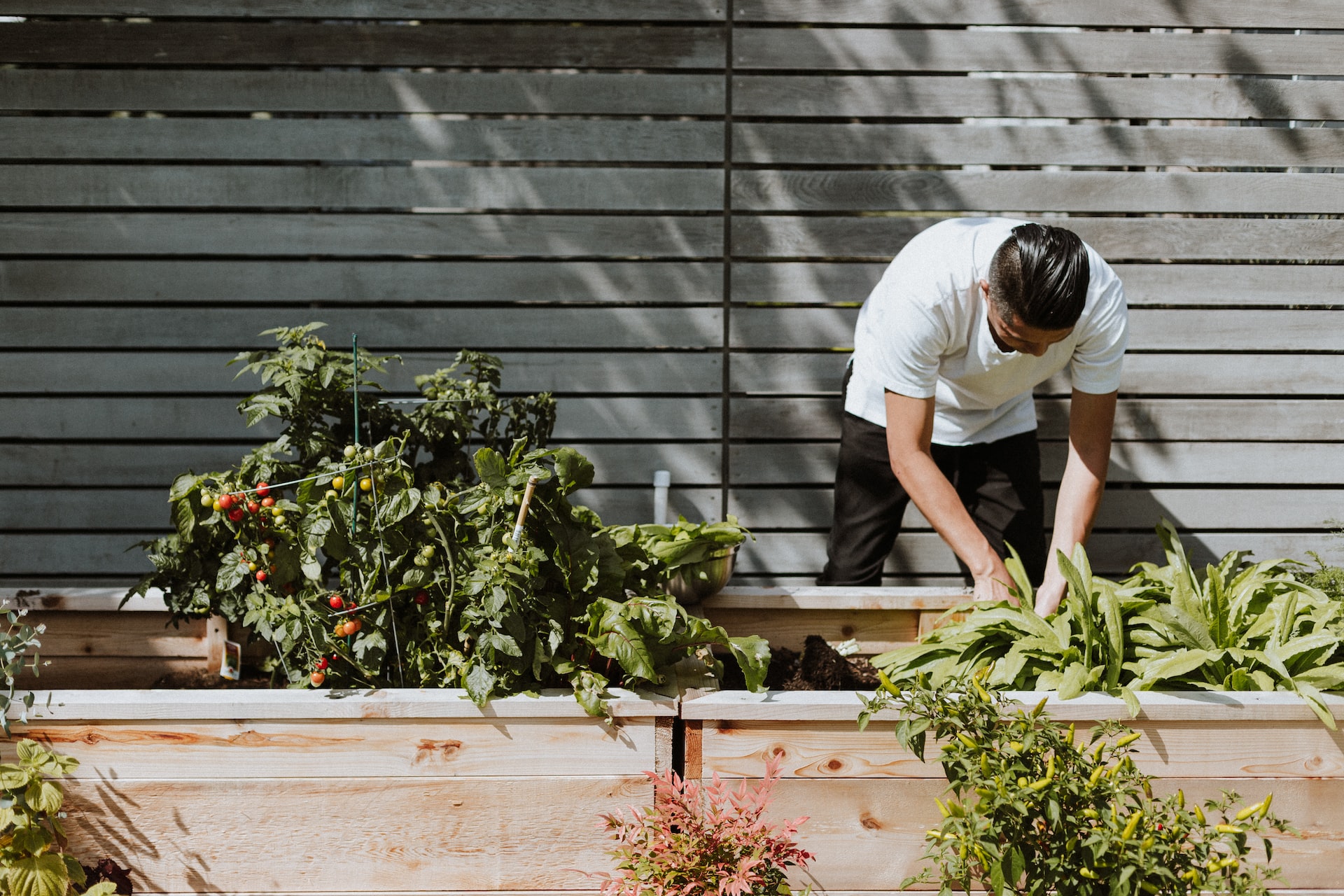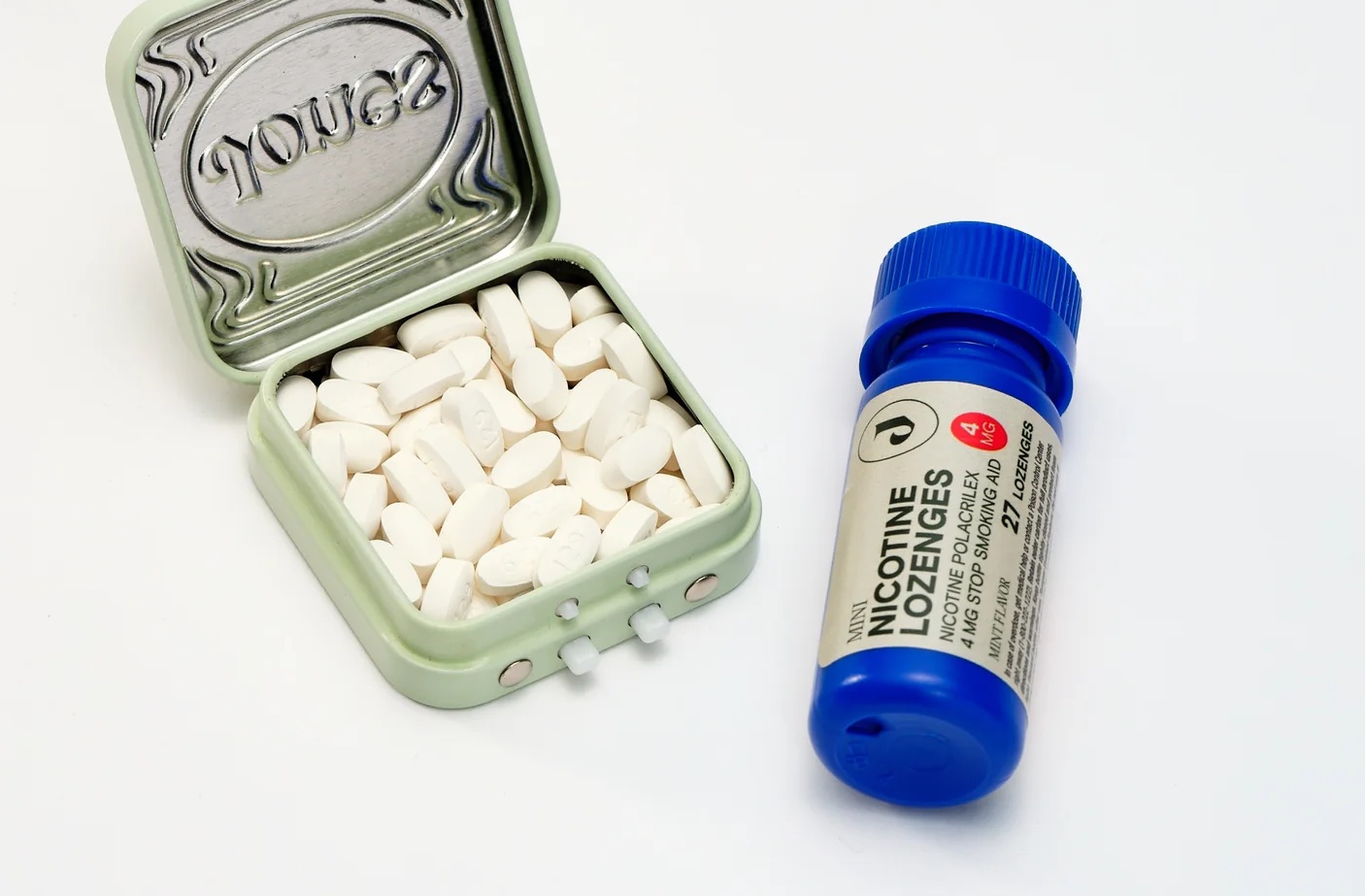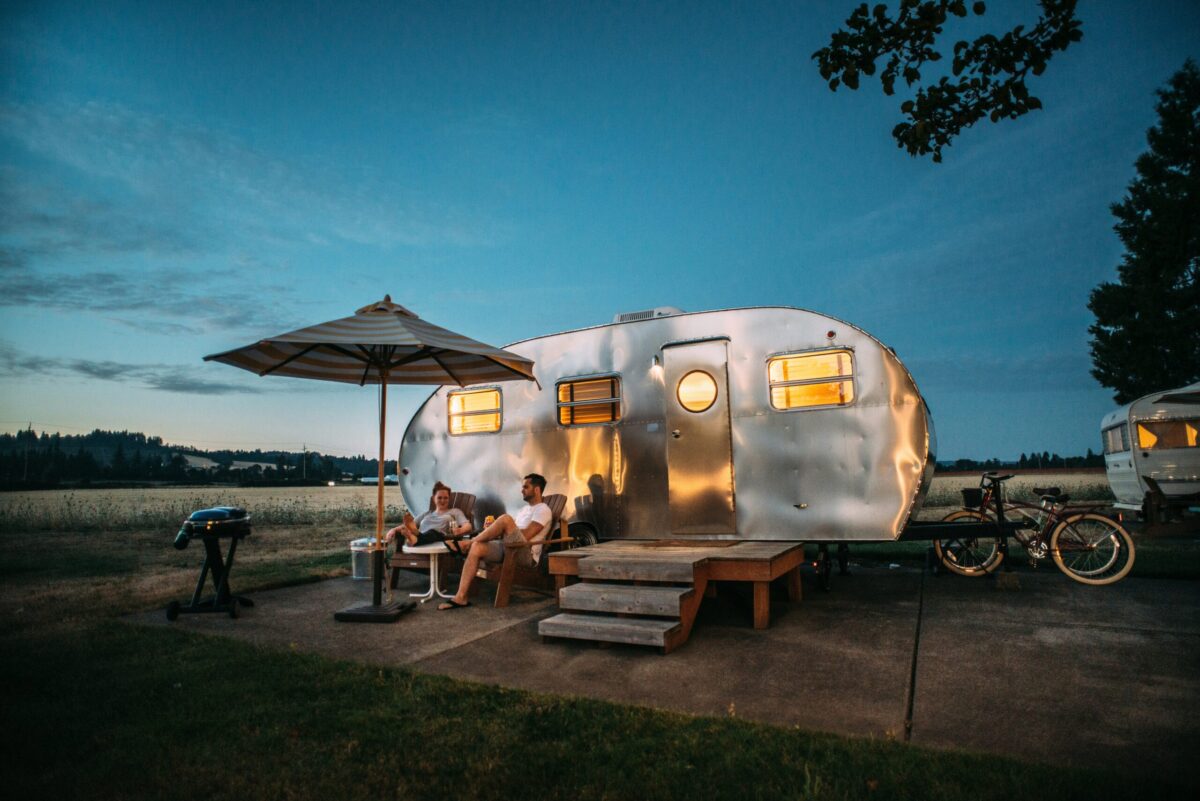The act of gardening may be as medicinal as the food it yields.
What’s happening: A new study found community gardening improved chronic disease risk factors and overall health.
- Participants who gardened ate between 0.5 and 1.13 more servings of vegetables per day without being told to.
- Gardeners recorded 5.8 more minutes of moderate-to-vigorous exercise, while a comparative study’s participants notched 10.3 more minutes
- Levels of perceived stress and generalized anxiety were each ~10 points lower for the group that gardened.
In addition to chronic disease management, the authors concluded gardening could be pursued for “nature-based social prescribing,” encouraging healthy eating and physical activity while offering a “refuge from everyday stressors.”
For context: Produce isn’t exactly at the center of the plate in the US.
- 71% of the American food supply is considered ultra-processed.
- Only 10% of Americans eat the recommended daily servings of vegetables.
- 49% of children under five don’t consume a single vegetable in a day.
Preference. But, Americans have also shown a willingness for change — especially around food. According to a recent New Consumer survey, 43% plan to eat more vegetables, while 42% indicated eating less processed food.
Price. Unfortunately, produce prices increased 32.6% YoY in 2022. Worse, due to industrial farming practices and climate change, consumers are getting shortchanged — nutrient density of store-bought produce has dropped 15–40% since 1950.
Planting. Consumers are already getting their hands dirty. The pandemic created 18.3M new gardeners seeking better mental health and food security. In 2022, participation in lawn and garden activities hit a 16-year high (100M households).
Importantly, it’s not all about food. Beyond nutrition, the physical and mental effects of a nature-based activity like gardening cannot be overlooked. And other countries are way ahead in that thinking by prescribing nature as medicine:
- British Columbia-founded PaRx allows doctors in Canada to prescribe annual national park passes to patients as treatment.
- Launched in the late ’90s, New Zealand’s GRx prescriptions provide discount gym and nutrition courses as well as walks and nature trips around the country.
- Japan uses “forest bathing” as preventative medicine, while the Finnish government recommends five hours per month in nature as a “minimum dose” for good health.
Elsewhere, the UK just wrapped up a two-year pilot in the name of mental and social health, while America’s ParkRx, a nonprofit, provides a nature-as-medicine toolkit to clinicians.
Looking ahead: While exclusive agrihoods are gaining traction, limited community garden space remains a barrier. But, as food as medicine trends up, “gardening as health” provides the outdoor movement, sunlight, fresh eats, and less stress that could help us get back to our roots.



